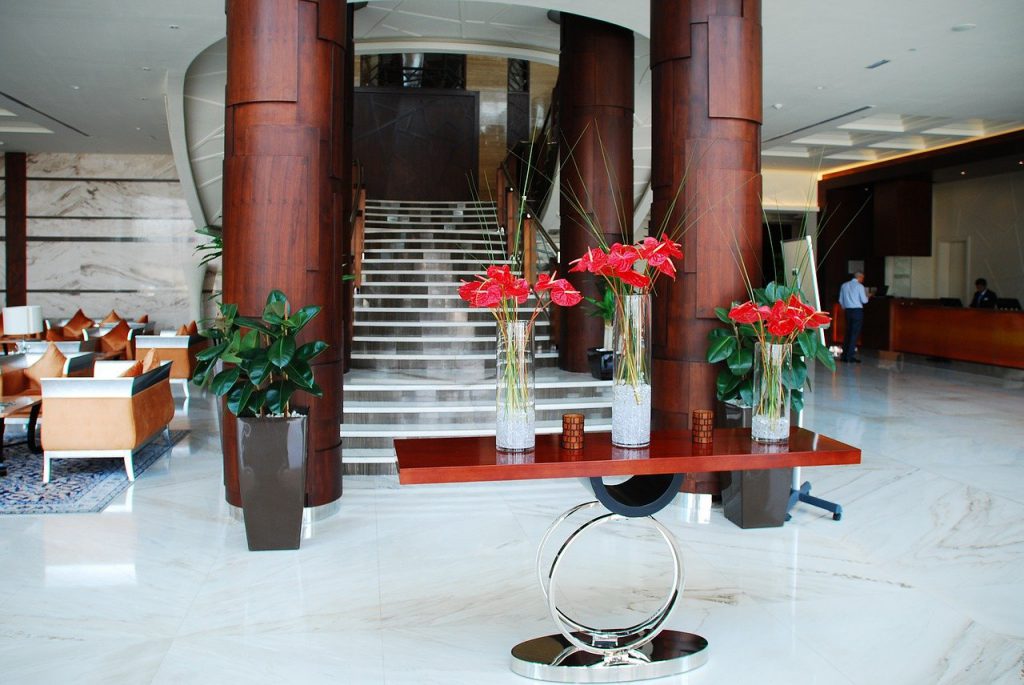
Importance Of Cleanliness and Hygiene For Hotel Guests Satisfaction
It’s no secret that “clean” is the most essential word in hospitality right now, but cleanliness has been a driving element in consumer hotel booking decisions for years. Over 80% of hotel visitors claimed cleanliness is THE MOST IMPORTANT FACTOR WHEN SELECTING A HOTEL TO STAY AT. Instead of being concerned about an unclean toilet or soiled bed linens, health experts say the first thing that comes to mind when reserving a hotel is six simple yet important words: “Am I Going to Be Safe?”
Now after the pandemic guests are more concerned about topics such as safety, public health, hygiene, and cleanliness. This is been a major issue in the hospitality industry as well. Face masks, social distancing, hotel cleanliness, and safety apart from other issues are at top of the guest’s worries.
Now it’s significant to elevate the worries of guests for hotels to survive and eventually prosper in this new environment, the health and safety of their visitors must be the first concern. It’s no longer enough to make sure the room is tidy when a guest arrives. There should be greater use of technology to guarantee sufficient cleanliness procedures are taken beyond what is visible on the surface, such as temperature monitoring and UV-C cleaning.
Hotel technologies such as robots or automation are a few methods to obtain a head start, relieve staff strain, and assure the safety of your customers. Keeping a reasonable space between one another has swiftly become the standard. With individuals everywhere hyper-aware of the space between themselves and the next person, it’s never been more important for hotels to use social distancing techniques. This makes guests feel more at ease and secure.
Hotels are generally taking great care in adopting (and explaining) their updated cleaning processes. There are blacklight inspections and electrostatic technology to ensure that everything is in order (charging the droplets of solution that are being sprayed to make them stick to the surfaces, a method employed by airlines to clean cabins between flights). In many circumstances, the amount of time a room is left empty between visitors is prolonged to several hours to encourage aeration and more thorough maintenance.
It has never been more important for hotels and venues to increase their cleanliness efforts. Sanitation and cleanliness are increasingly anticipated norms, and establishments must explain to visitors and planners how they intend to adhere to their guidelines.
